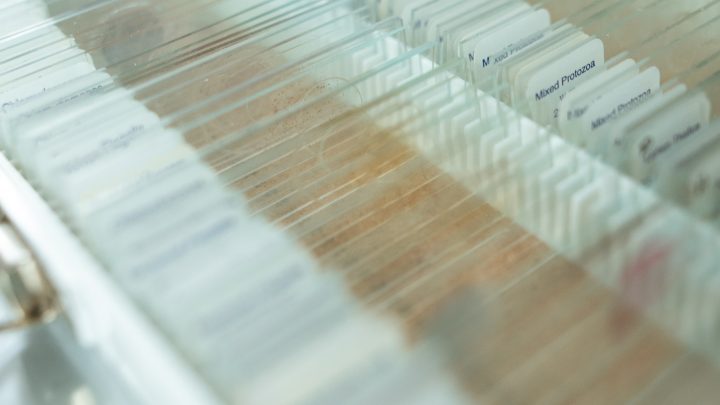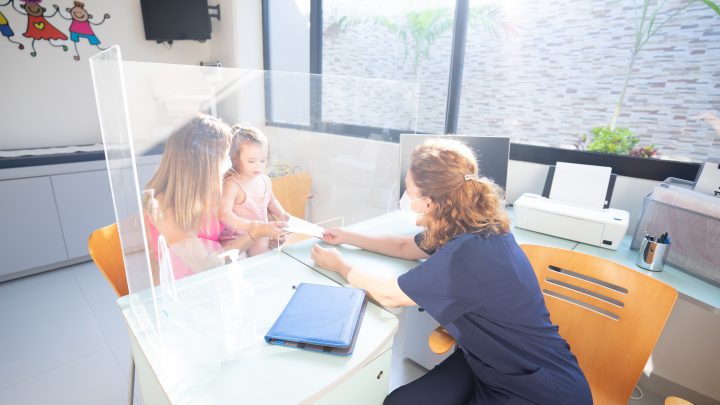When It Comes to Health Care, AI Has a Long Way to Go
When It Comes to Health Care, AI Has a Long Way to Go Back Medical information is more complex and less available than the web data that many algorithms were trained on, so results can be misleading. THE CORONAVIRUS PANDEMIC has prompted countless acts of individual heroism and some astounding collective feats of science. Pharmaceutical companies…





